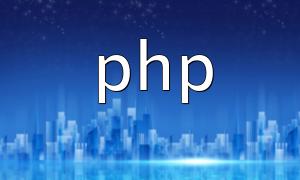In high-performance web development, caching plays a crucial role in optimizing load times and reducing server load. PHP offers several memory caching mechanisms that store frequently accessed data or compiled scripts, significantly improving execution speed. Below are the most common PHP memory cache types and their features.
APC is one of the early and widely used PHP caching extensions, suitable for small to medium-sized projects. It stores data in shared memory, minimizing repeated access to databases or file systems.
eAccelerator is an enhanced version of APC with improved performance. It optimizes and caches PHP bytecode, reducing the need for repeated script compilation.
Memcached is a distributed caching system commonly used in large-scale websites or clustered environments. It distributes data across multiple nodes for high availability and scalability.
Redis is a powerful in-memory database that can also be used as a caching system. Compared to Memcached, Redis supports more data structures and richer commands.
Zend Server provides an enterprise-grade caching solution that combines the advantages of APC and Memcached. It offers enhanced performance features suitable for large-scale applications.
Opcache is PHP’s built-in caching mechanism, available by default since PHP 5.5. It stores precompiled script bytecode in memory, preventing redundant compilation and improving performance.
PHP’s memory caching options offer developers multiple ways to optimize performance. APC or Opcache is suitable for smaller applications, while Redis and Memcached are better choices for distributed or large-scale systems. Selecting the right caching strategy based on project needs can greatly improve site responsiveness and user experience.








